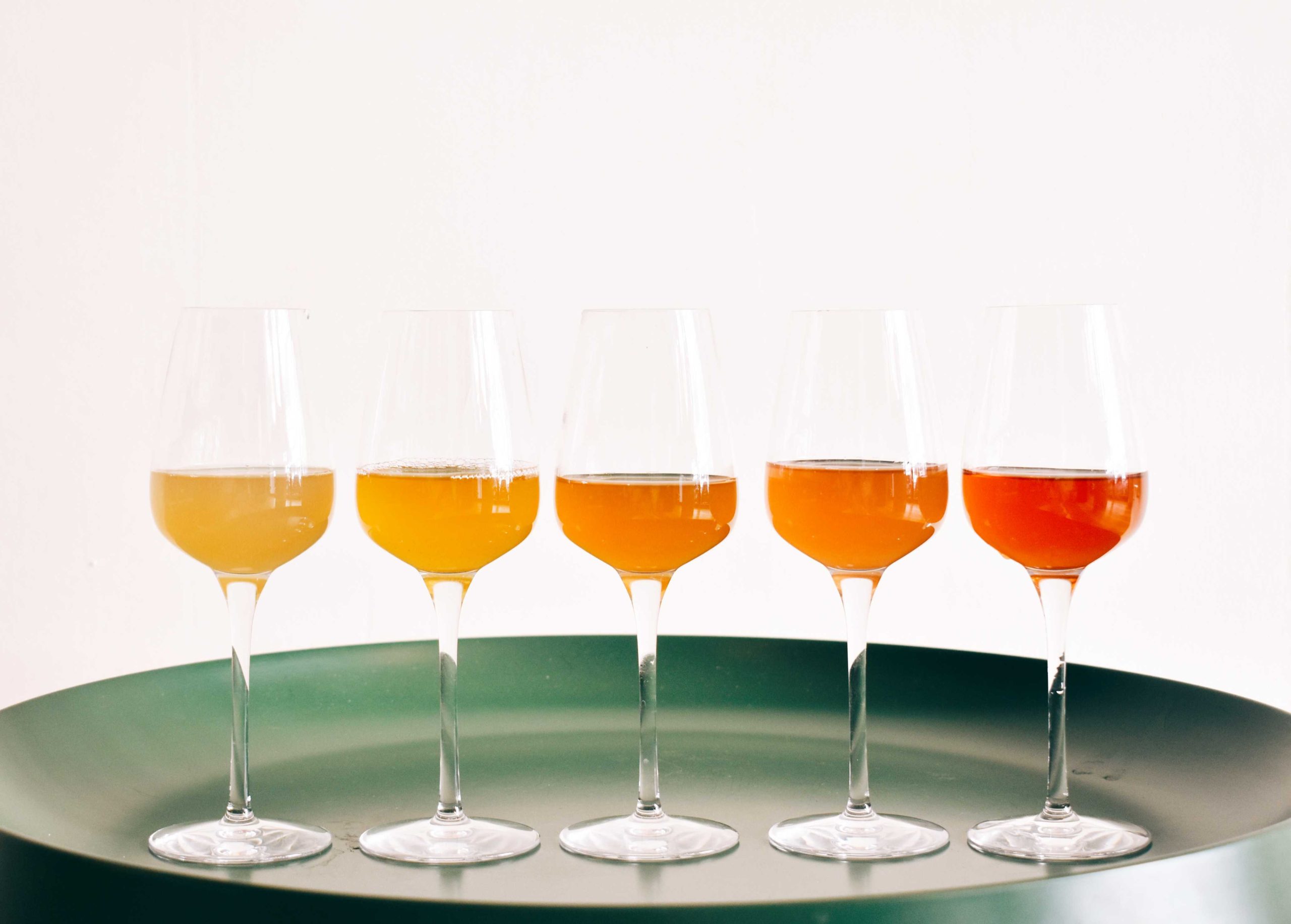
What is Orange Wine?
Greetings from Antiquity
Orange wine has a long history. We mentioned in our blog post about natural wines that the origin of wine making is in Georgia. Wine has been made there for thousands of years. As you can imagine, at that time there were relatively few "gadgets" to simplify the wine making process.
Instead of separating the grapes from the stems - de-stemming - the entire grape was crushed together with the stem. The grapes were crushed by foot (in our opinion, to this day, the best method - fun included) and then fermented in buried Qvevri for 5-6 months and stored until the spring months. This is so to speak the orange wine of the first hour a.k.a. OG natural wine.
(Psst! Qvevri are egg-shaped clay amphorae buried in the ground and traditionally sealed with beeswax).
But briefly back to the beginning:
What actually are orange wines now?
In the natural white wine production, the grapes are harvested and pressed directly, or a few hours later, before the pure juice begins to ferment with the help of the naturally present yeasts from the vineyard and the cellar. For red wine, the whole process is a bit different. The grapes are either crushed (the berries separated from the stem) or crushed together with the stem. The dark color and flavor are created from the days or weeks of extraction on the mash. So simply put, orange wine is white wine that is vinified like red wine.
If you turn the tables and make red grapes according to the white wine scheme you get what? That's right: the summer favorite rosé!
And where does the orange color come from?
If you ferment white grapes on the mash, as you do with red wine, the color also becomes more intense because more of the colorants (phenols) are extracted. Now the wine is no longer white but ocher-colored or orange. Ta-daaaa - and so you have orange wine!
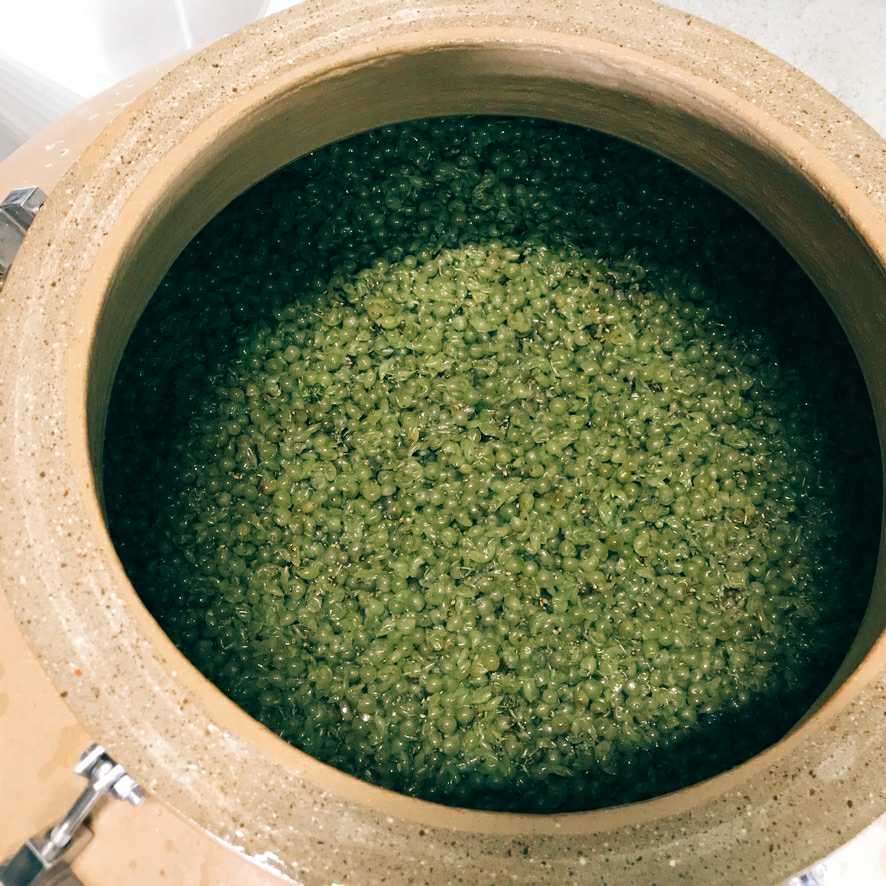
Fast-forward to 2023
How orange wine is made now
In the last 20 years, a renaissance of the old white wine production has taken place, so to speak. That is, winemakers have again begun to ferment white wines on the mash. The maceration period ranges from a few days or weeks to several months. The longer the wine ferments on the mash, the more the flavor intensifies. In addition, more tannins are extracted (more on this later). The maceration can take place in amphorae under or above ground, in steel tanks, in wooden barrels or even in concrete eggs - you name it.
The details of production are left to the winemakers. Some de-stem the grapes beforehand to avoid overly strong tannins, others leave the grapes whole and only lightly crush them with their feet. It greatly depends on the conditions of a vintage. Depending on the heat, humidity, weather conditions, etc., the production needs to be adapted. In warmer years, the necessary ripeness is also reached in the stems, so you can ferment whole grapes on the mash without extracting too green, unripe tannins.
In wetter years, winemakers often have to fight with rot, which makes it difficult to macerate for too long because undesirable flavors can often develop. After the desired maceration period is completed, the wine is pressed and usually ages for another few months before being bottled. Depending on the stability and the wishes of the producer, the winemaker decides on no to minimal added sulfur.
Fancy flavor profile?
However, the time on the mash not only removes color from the grapes. It also unfolds completely new worlds of flavor. Tannins, which are found in the grape seeds but also in the stems, give the orange wine more character and body. It is a whole new sensation, not necessarily known from white wine.

The flavors become more earthy, nutty, herbaceous, often riper and definitely more intense. However, the wines usually retain the freshness and crisp flavors of the white grapes. Of course, this also depends very much on the grape variety used. If aromatic grape varieties, such as Gewürztraminer or Muscat, are macerated, the most intense and unique orange wines can be created. These wines are often very floral, spicy and sometimes a bit perfumed - what an experience!
Perfect pairings with Orange Wine!
With unique flavors come unique pairings. Orange wines and Indian curries, for example, are a true match made in Foodie Heaven. Tapas are also a great fit and many types of spicy East Asian noodle dishes are always a good choice.
By the way, if you would like to receive recipes for our beautiful wines, be sure to sign up for our newsletter!

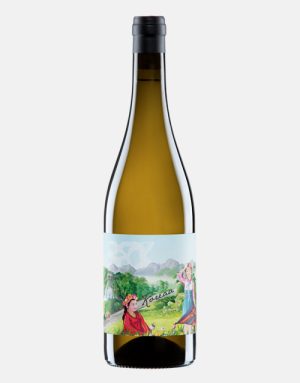
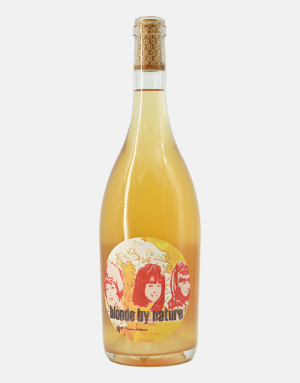
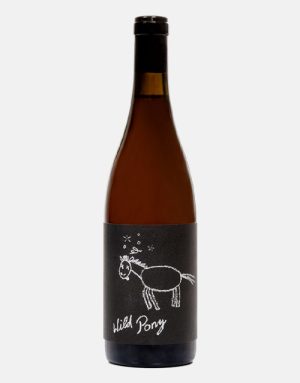
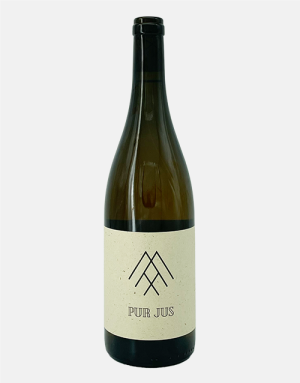
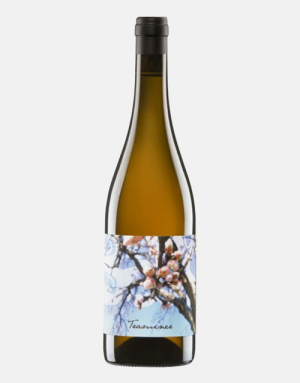
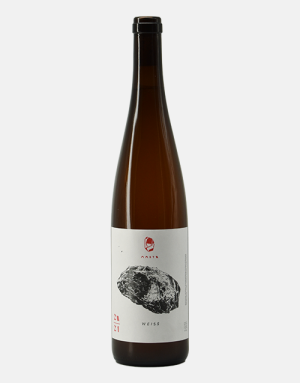
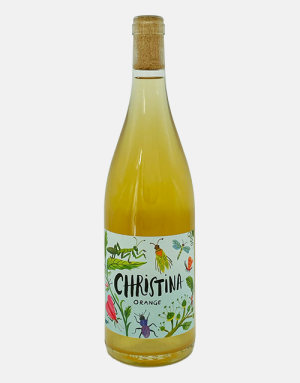
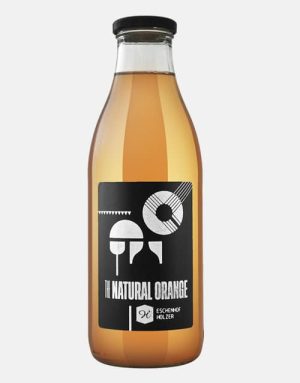
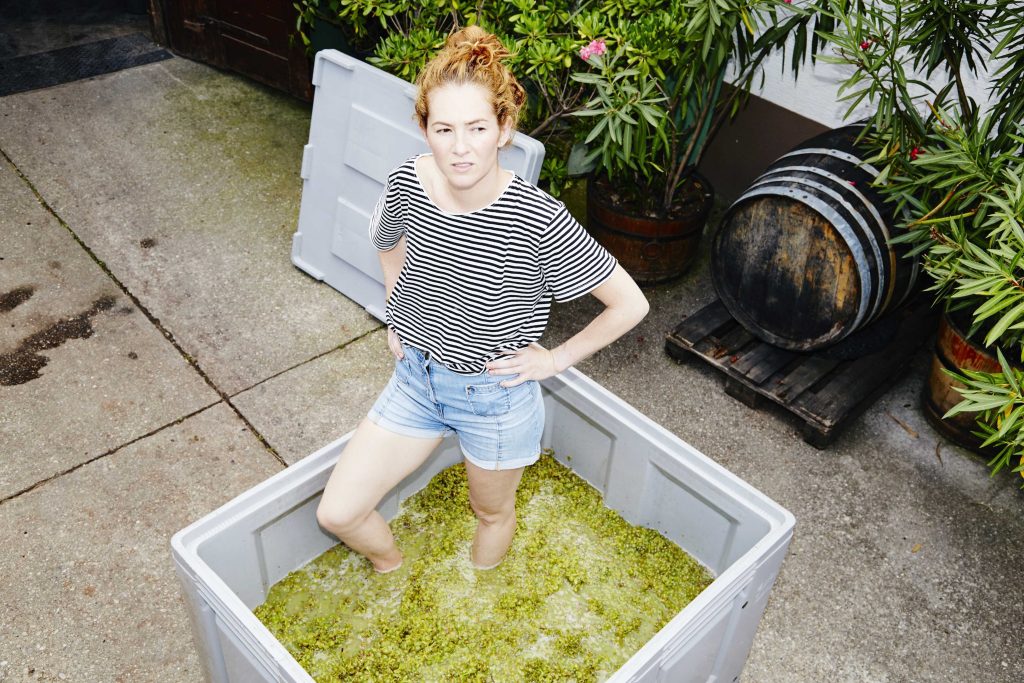
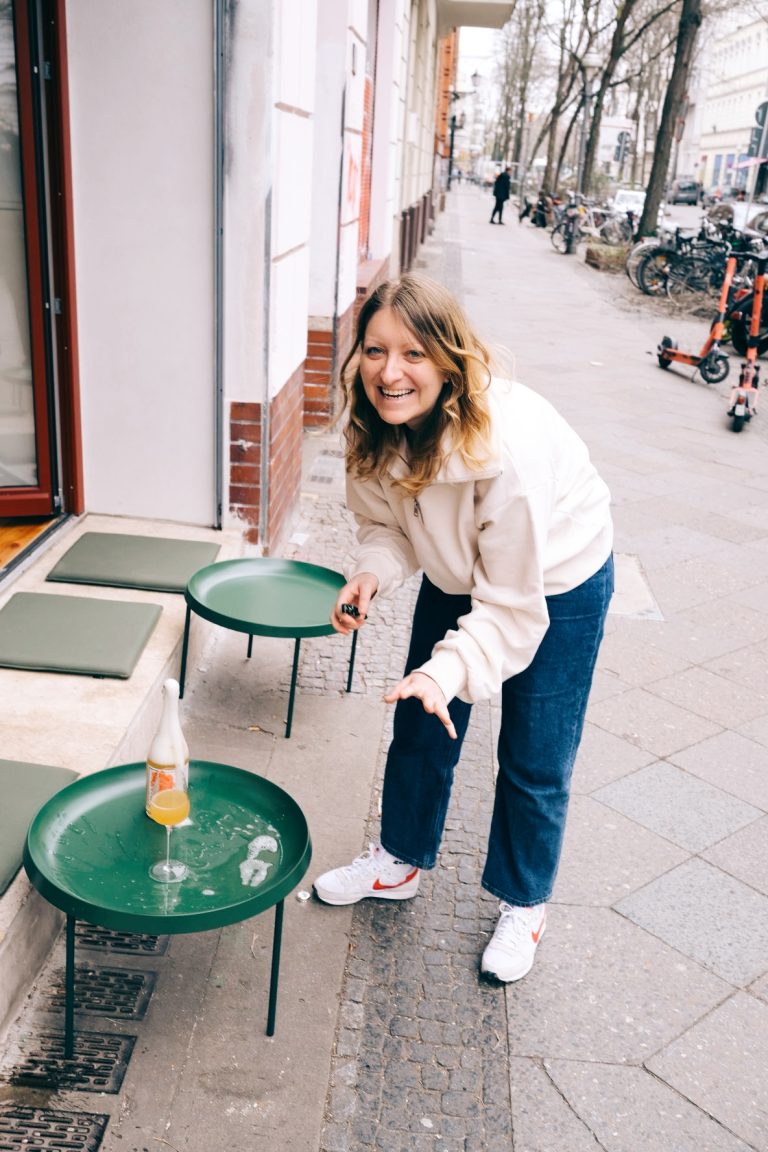
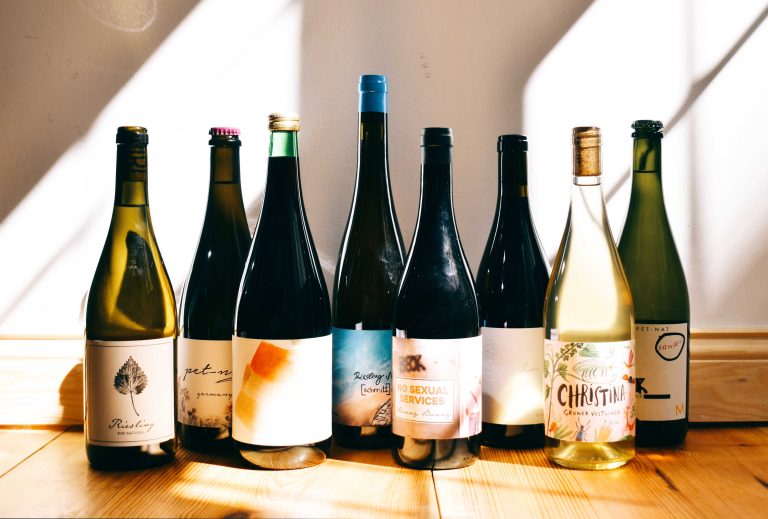
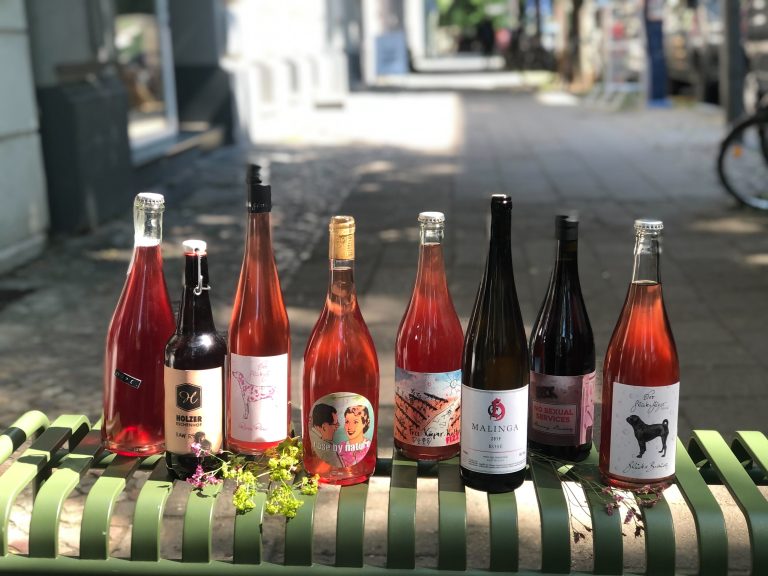
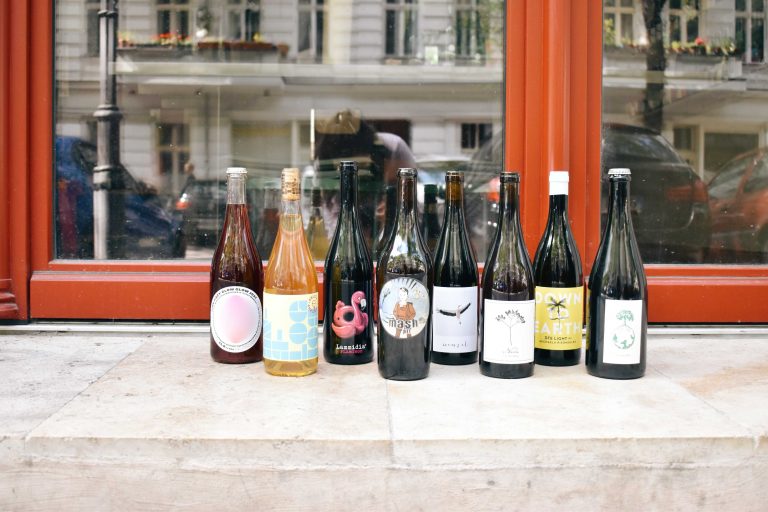
After stumbling across the Orangewine for the first time on Lake Garda, we had a wonderful surprise today from Judith Beck at the Spezerei in Lienz/East Tyrol! The Chardonnay Bambule 2022 🙌🙌
Hello Ursula,
We're delighted that you've acquired a taste for it! Have you already had the Traminer from Judith Beck? It's definitely one of our favorites. Super floral and intense on the nose!